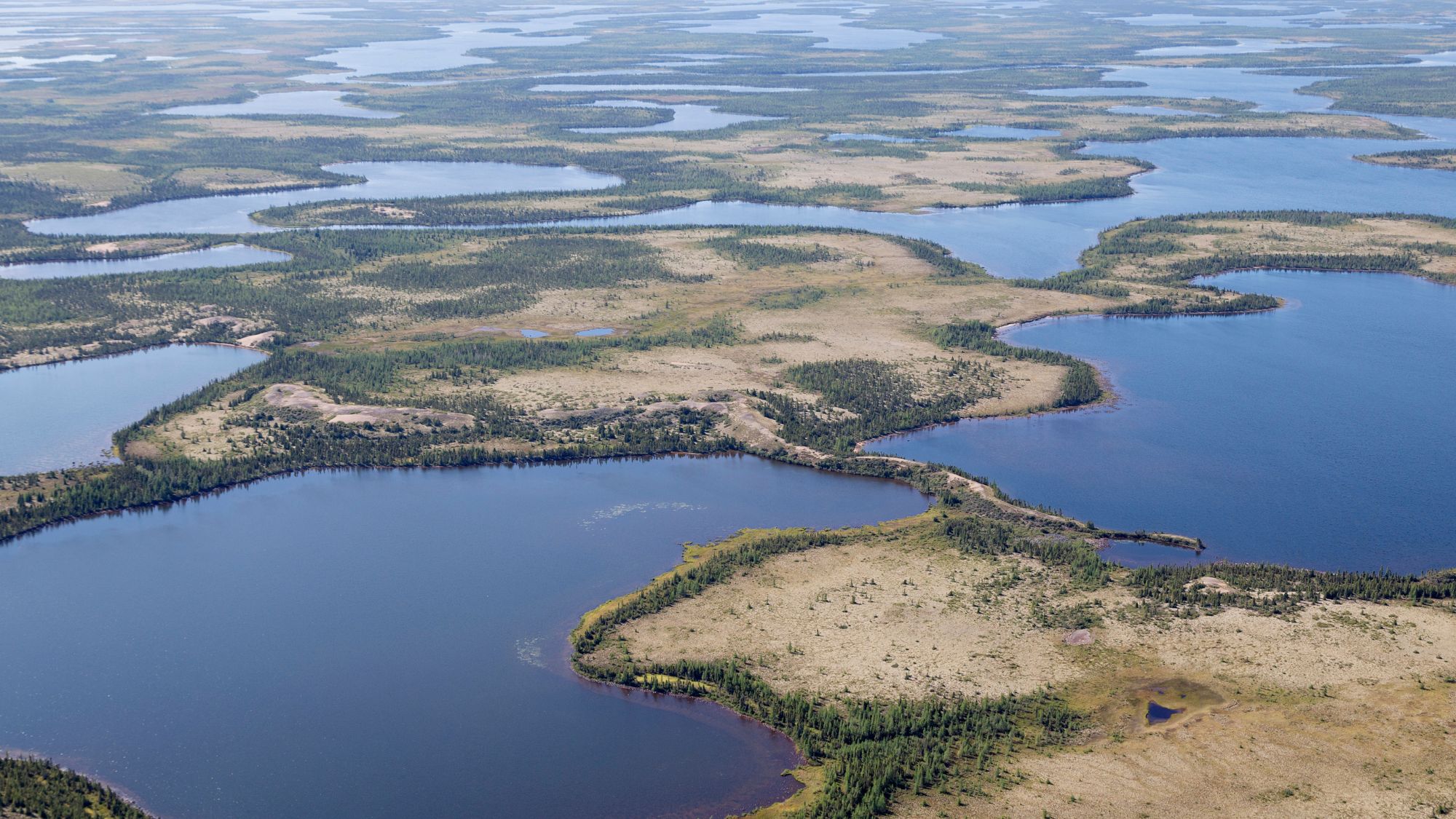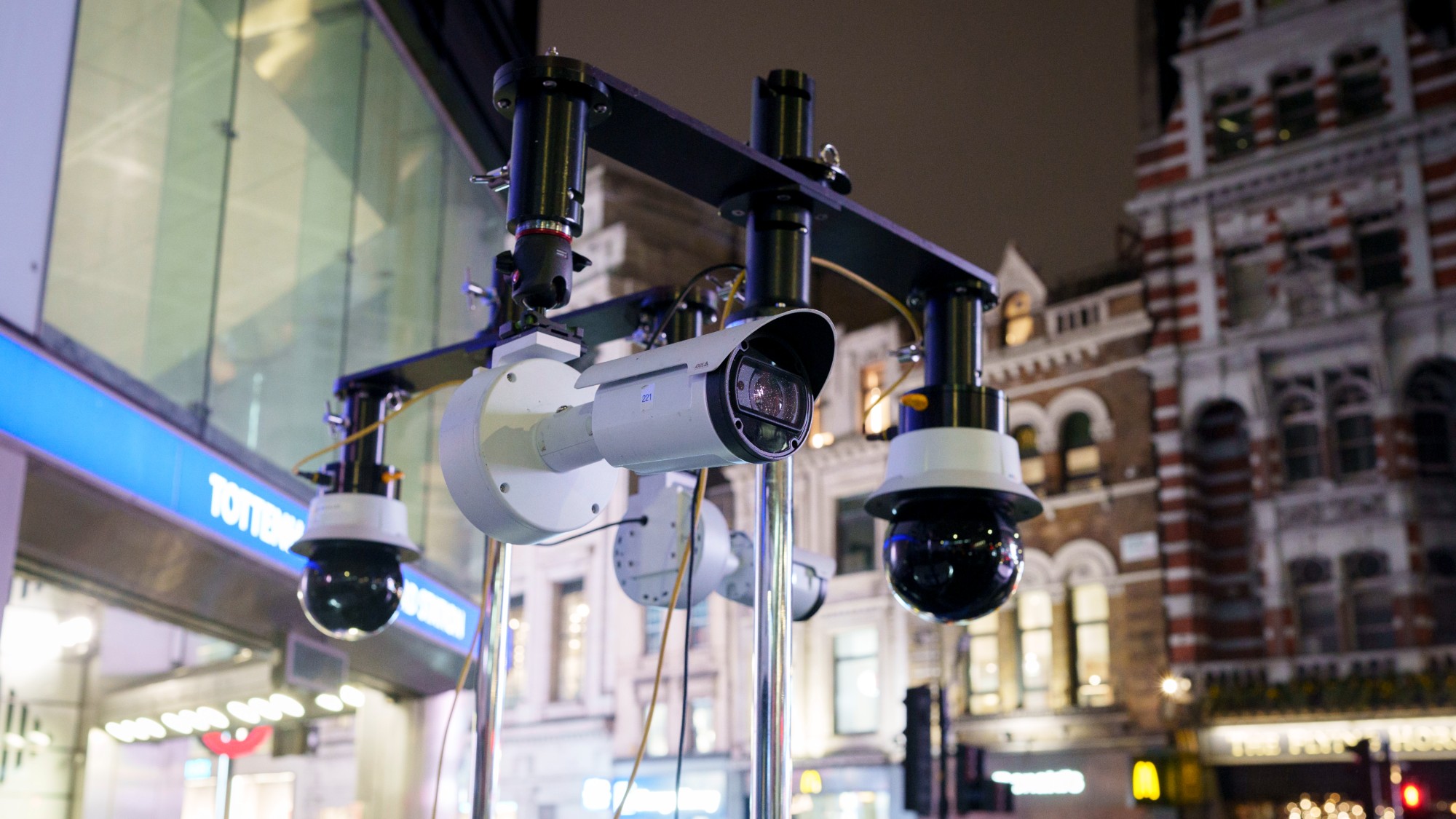What America's leaders could learn from the Advent
For starters, a little humility


How the hell did I end up with so many jackets?
I'll come back to that question shortly. But before I explain, consider the current political and cultural climate in the wake of a status-quo election, the third ride on a fiscal cliff merry-go-round, and a mass shooting that shocked the nation and left 20 children dead. Each of these events should teach us lessons in humility. Instead, we continue to receive an avalanche of arrogance and sanctimony from all sides.
This has been most obvious in the wake of the Newtown massacre. While Barack Obama carefully trod a rhetorical path of promising action without tipping his hand on what that meant, many others decided that they had the solution to mass murder before the bodies of the children left the school. Politicians and pundits talked about banning weapons that they don't understand; others suggested that schools without armed teachers are falling down on the job. Calls came to lock up the mentally ill. More than one declared that an absence of prayer in school had removed God's protection. There was no sense that solutions should follow from the facts, and that we should proceed cautiously before limiting freedom and imposing agendas.
The Week
Escape your echo chamber. Get the facts behind the news, plus analysis from multiple perspectives.

Sign up for The Week's Free Newsletters
From our morning news briefing to a weekly Good News Newsletter, get the best of The Week delivered directly to your inbox.
From our morning news briefing to a weekly Good News Newsletter, get the best of The Week delivered directly to your inbox.
The fiscal cliff debate has its share of unfounded arrogance, too. After an election in which voters kept the leadership of divided government firmly in place, both sides declared victory for their mutually-exclusive agendas. We have been treated to sanctimonious declarations of the virtues of punishing the wealthy, the moral certainty of entitlement expansion and reform, and the supposedly objective goodness and/or evil of 35 percent and 39.6 percent. Only in the last few days have we seen any real effort to heed the lesson from the election and find some middle ground.
This comes, ironically, during the Christmas season, usually referenced as the season of peace. However, Christmas is not really a season of peace. It is a lesson in humility, and the necessity of — and path to — fixing a broken world.
Of course, I speak of the actual Advent story, not of the secular approach to Christmas, which is more a season of consumption than peace. For Christians, Advent is a compelling lesson in humility and hope in hopelessness. In order to save the world, God sent his Son into it in human incarnation, and not as a mighty king or dictator to impose God's kingdom on Earth by force. His Son took on the fullness of human nature and found himself born into poverty and crushing oppression. Jesus did not work the miracles that followed in order to overshadow free will and force people to follow him. He worked his miracles as small signs of mercy in order to demonstrate that salvation isn't found in princes or in public policy, but in following God's will and putting love of neighbor in action. The one man who had all the answers spoke in parables to woo the hearts of fallen humanity to that love, rather than seize power and pass a blizzard of laws imposing it.
It's comforting to believe that we have all the answers, and that we can stave off all of the evils of the world by exercising power over others... which brings me back to my closet. Over the last several years, I have collected almost two dozen jackets and coats, of various styles, fabrics, and sizes. I literally had filled an entire closet with them, absentmindedly, in the years of living in Minnesota, which has at least two dozen varieties of cold. It occurred to me a few days ago, when forced by my wife to clear the closet for company, that I had filled my closet with protection against the worst of winter weather as if I could keep it at bay by a proliferation of outerwear and sheer will. Never mind that I can only wear one at time, and that most haven't provided warmth to a single person in years — those coats and jackets provided me some odd measure of security, much like Linus and his blanket.
A free daily email with the biggest news stories of the day – and the best features from TheWeek.com
In the wake of the Newtown shooting, we spent the weekend with our children and grandchildren. We saw Wreck-It Ralph and painted ceramics together. We held them close and wondered what kind of world we are handing them — with massive debts already hung around their shoulders and much more to come on our current path, with angry politics divided along old trench lines, and a culture that glorifies the material while discounting the spiritual. This world finds its security in guarding treasures rather than in willingly and individually opening ourselves to others, and our culture and nation are the poorer for it.
As I noted above, I'm not immune from this impulse. I emptied much of the closet and will deliver my old outerwear to a local charity. Instead of wasting the potential of warmth each year, these coats will be providing real security to people who truly need it. Will that change the world? No, and in truth, I'm probably still keeping too many of my favorites, so I'm struggling just to change myself. But as each of us takes those steps, we find ourselves stumbling toward each other rather than marching in the same old trenches. When we do, we are sometimes surprised to discover that we have more in common than what separates us, especially in our humanity.
One does not have to believe in Christianity to understand the powerful lesson of humility of Advent and broken human nature. We certainly must act within the sphere of public policy to craft the most effective and beneficial laws and actions, and to ensure that government serves rather than dictates. However, laws and policies should act to contain human nature and restrain abuses of power; they cannot solve the fallen nature of humanity, and some of the worst regimes in human history have proven that over and over again. We need to remain engaged and put forward our values, but we have to also remember that no one has all the answers — and to beware those who insist that they do. And just maybe, if we approach each other in the same humble manner as He whose birth we celebrate next week approached all of us, then perhaps we will find more to love in each other.
That would truly change the world, would it not?
Merry Christmas to all, and to all... a better tomorrow.
Edward Morrissey has been writing about politics since 2003 in his blog, Captain's Quarters, and now writes for HotAir.com. His columns have appeared in the Washington Post, the New York Post, The New York Sun, the Washington Times, and other newspapers. Morrissey has a daily Internet talk show on politics and culture at Hot Air. Since 2004, Morrissey has had a weekend talk radio show in the Minneapolis/St. Paul area and often fills in as a guest on Salem Radio Network's nationally-syndicated shows. He lives in the Twin Cities area of Minnesota with his wife, son and daughter-in-law, and his two granddaughters. Morrissey's new book, GOING RED, will be published by Crown Forum on April 5, 2016.
-
 Heavenly spectacle in the wilds of Canada
Heavenly spectacle in the wilds of CanadaThe Week Recommends ‘Mind-bending’ outpost for spotting animals – and the northern lights
-
 Facial recognition: a revolution in policing
Facial recognition: a revolution in policingTalking Point All 43 police forces in England and Wales are set to be granted access, with those against calling for increasing safeguards on the technology
-
 Codeword: December 14, 2025
Codeword: December 14, 2025The daily codeword puzzle from The Week
